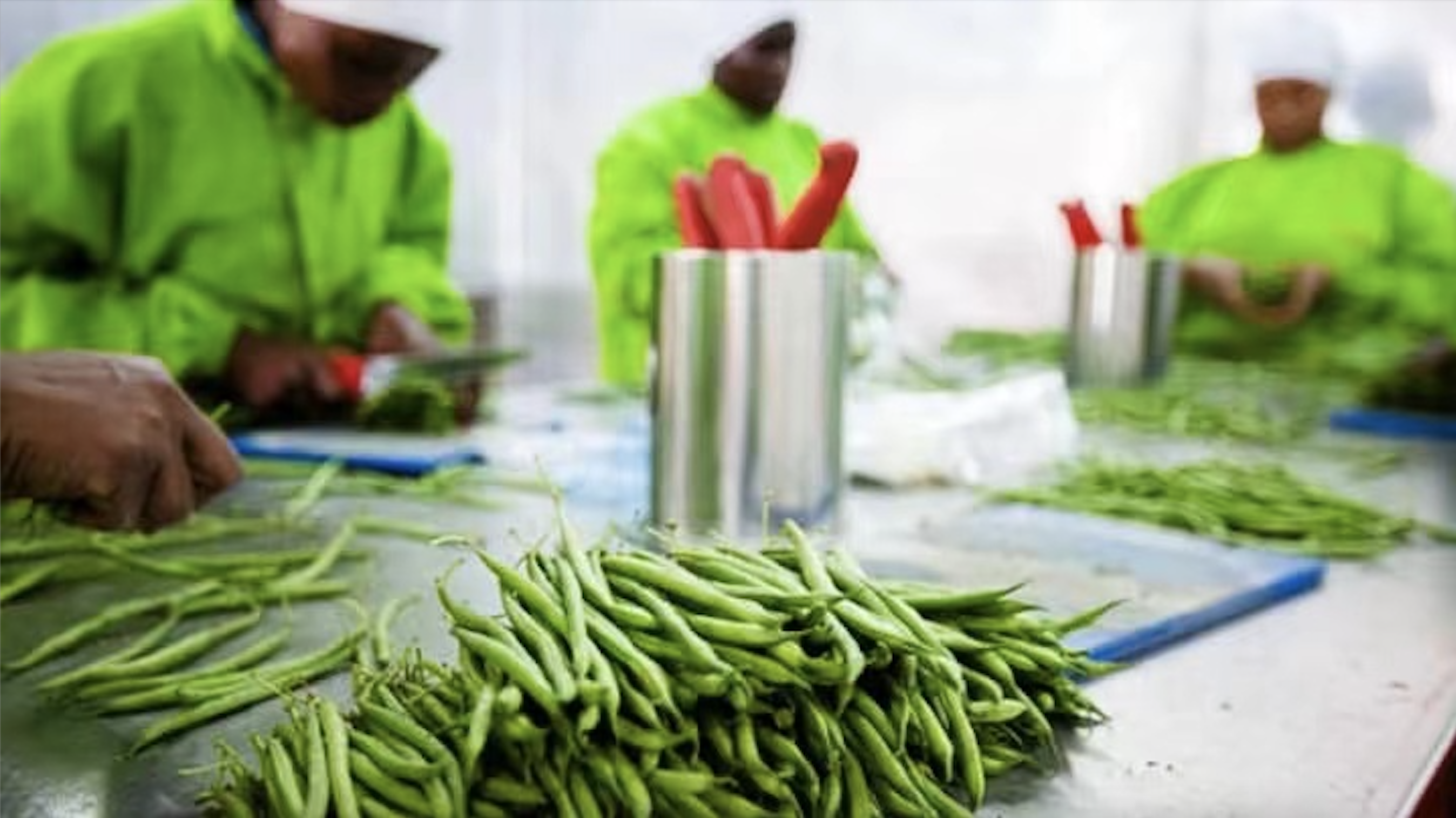

Sustainable food systems can help break the intergenerational cycle of poverty and malnutrition, address inequity and inequality, alleviate environmental and climate change impacts, and trigger solutions to resist and recover from shocks and stresses. Yet, too many of the world’s food systems are fragile, unexamined and susceptible to breakdown, as millions of people around the world have experienced during the recent pandemic. Transforming food systems to make them more inclusive, sustainable and resilient is key to making progress towards all 2030 Sustainable Development Goals (SDGs). As modern food systems are deeply interconnected, it is vital to identify and address the systemic barriers to linking producers to processing, value addition and end markets. Using a value chain approach allows to measure, analyze and improve the performance of the food value chains that make up food systems.
UNIDO’s value chain approach generates substantial economic, social, environmental and resilience impact.
- Economic: 3ADI+ effectively links small and medium agricultural producers and processors to end markets through value addition, thereby acting as an effective basis for industrialization;
- Social: 3ADI+ increases smallholder inclusion in the value chain and focuses on female and youth participation, by promoting decent rural employment strategies and through policy dialogue to support rural women and youth’s empowerment;
- Environmental: 3ADI+ brings together stakeholders responsible for greening value chains, giving special attention to how public policies and business strategies can better support sustainable use of natural resources and climate resilient food systems;
- Resilience: 3ADI+ strengthens adaptive capacities of food systems, increases linkages to input and output markets, in order to absorb and recover from shocks more easily.